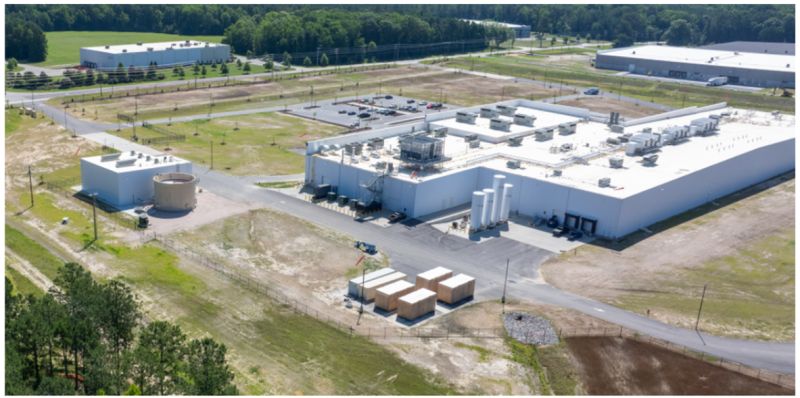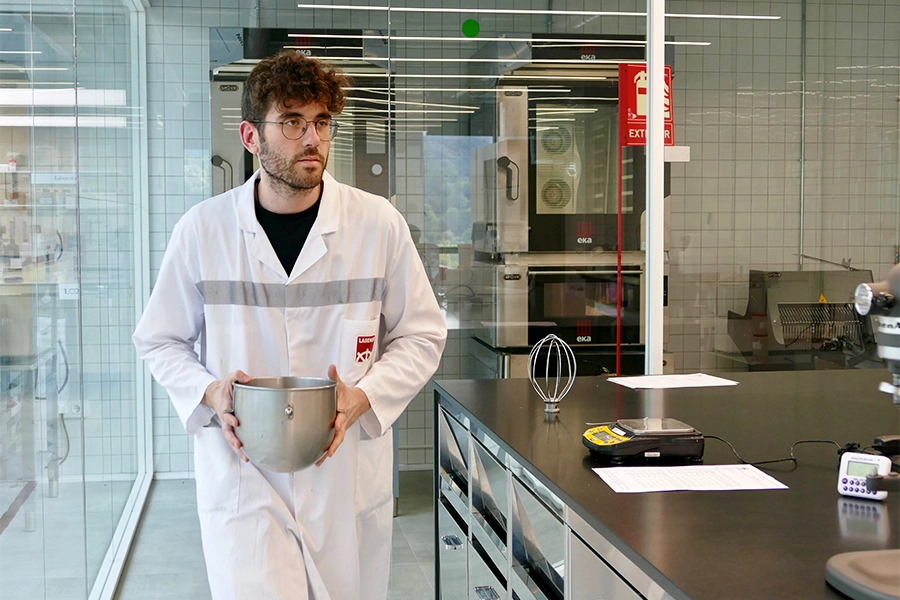

Nestlé invests in biotech and deep tech, streamlines R&D to boost innovation
Nestlé is making a strategic shift in its global research and development operations, announcing new investments in biotechnology and the establishment of a deep tech center to drive more targeted innovation across its nutrition and food systems businesses. The move, announced from its headquarters in Vevey, Switzerland, on May 14, 2025, will be supported by a leaner R&D structure and a more focused portfolio of projects.
The company says the transformation will enable it to accelerate product innovation in areas such as precision nutrition, women’s health, healthy aging, and pet therapeutics, while also enhancing operational efficiency through emerging technologies like AI, robotics, and smart systems.
“These new capabilities in bio tech and deep tech will fuel growth by meeting changing consumer needs and accelerating the digital transformation of Nestlé,” said Laurent Freixe, CEO of Nestlé S.A. “This is about putting the Nestlé Virtuous Circle in action: unlocking investment through efficiencies to drive more focused and impactful innovation and growth.”
The initiative includes expanded expertise in clinical research and the development of advanced screening assays, along with enhanced precision fermentation capabilities. These investments are expected to result in novel ingredients with verified health benefits and clinically proven efficacy. Nestlé plans to use these scientific advancements to strengthen its consumer-centric pipeline, with a particular emphasis on maternal and early life nutrition, medical foods, and performance-based solutions for its pet care division.
According to the company, the biotechnology capabilities will support the development of next-generation bio-actives and biotics, including postbiotics and synbiotics, tailored to the needs of individuals throughout different stages of life.
Chief Technology Officer Stefan Palzer emphasized that the restructuring is part of a broader transformation of Nestlé’s approach to R&D. “We continue to transform our R&D organization to embrace science and technology trends and to seize current and future growth opportunities,” he said. “The industry-leading biotechnology capabilities will deliver new ingredients with clinically proven bio-efficacy for precision nutrition for people and pets along their entire lifespan. The upscaling of our unique capabilities in deep tech are key to maximize efficiency in innovation and operations. And all of this is powered by a leaner and more agile R&D organization.”
Central to this transformation is the creation of a new center dedicated to deep tech, which Nestlé says will be the first of its kind in the global food and nutrition sector. Set to open in the first half of 2026 at the Nestlé System Technology Center in Orbe, Switzerland, the facility will focus on screening, testing, and developing technologies that improve operational precision and product customization.
The deep tech center will build on Nestlé’s existing work in sensors, robotics, coding systems, and virtual/mixed reality. Planned developments include high-performance AI systems, smart appliances such as self-controlling coffee machines, and dynamic quality assurance tools. These are intended not only to enhance production and research workflows but also to support Nestlé’s long-term sustainability and product quality goals.
Nestlé says its refined approach to R&D will focus on fewer, higher-impact projects that are more closely aligned with consumer expectations and market needs. The new organization is designed to be more nimble, allowing for faster development cycles and closer collaboration with commercial teams.
The company’s announcement comes amid a broader industry trend of food and beverage firms investing in advanced scientific capabilities to remain competitive in a rapidly evolving market. Nestlé’s efforts to integrate biotechnology and digital innovation at scale are part of a wider ambition to future-proof its global business through targeted science-driven solutions.
If you have any questions or would like to get in touch with us, please email info@futureofproteinproduction.com






